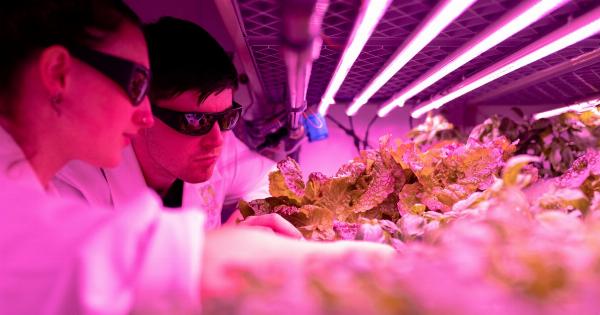Prisoners with HIV/AIDS are one of the most vulnerable groups in correctional facilities. They are often subject to discrimination, stigmatization, and physical violence from other inmates and even prison staff.
Ensuring the safety of HIV positive prisoners is not only a legal requirement but also a moral obligation of any correctional system.
HIV and the correctional system in Korydallu
HIV prevalence among prisoners in Korydallu is estimated to be higher than the general population.
According to a study conducted by the Hellenic Centre for Disease Control and Prevention, the rate of HIV-positive prisoners in Korydallu reached 16 percent in 2019. Although this rate has decreased over the years, it remains a significant public health concern.
The Greek correctional system faces several challenges in addressing the health needs of HIV positive prisoners.
Overcrowding, lack of access to healthcare, and poor living conditions increase the risk of HIV transmission and aggravate the health conditions of those living with HIV. Additionally, the stigma and discrimination towards people living with HIV from the general population also affect prisoners with HIV.
Challenges faced by HIV positive prisoners in Korydallu
HIV positive prisoners in Korydallu are confronted with several challenges while serving their sentences. Some of these challenges include:.
Lack of access to healthcare
Prisoners with HIV require regular access to healthcare facilities to manage their conditions. However, in Korydallu, prisoners have limited access to medical facilities, and medical staff shortage is a significant challenge.
As a result, HIV positive prisoners may not receive appropriate treatment and care as often as needed.
Vulnerable to violence
Prisoners with HIV are often stigmatized, discriminated against, and even targeted by other prisoners and prison staff. This can lead to violence and even physical attacks, putting the lives of HIV positive prisoners at risk.
Some prisoners may also be denied access to basic needs such as food, water, and clothing because of their HIV status.
Lack of privacy
In many correctional systems, HIV positive prisoners’ privacy is not respected, either by prison staff or other inmates.
This can lead to further stigma and discrimination which makes it harder for HIV positive prisoners to live a dignified life while serving their sentences.
Discrimination in access to education and work
People living with HIV may face discrimination in access to education and work. This extends to HIV positive prisoners who may not be allowed to participate in educational or vocational programs because of their status.
This can affect their ability to reintegrate into society after serving their sentences.
Strategies to ensure the safety of HIV positive prisoners in Korydallu
To ensure that the human rights of HIV positive prisoners are protected, the Greek correctional system needs to implement several strategies.
Here are some of the approaches that can help enhance the safety, dignity, and well-being of HIV positive prisoners:.
Provide access to treatment and care
Access to healthcare services is a fundamental right for all prisoners, including those living with HIV.
The Greek correctional system should ensure that all prisoners, including those with HIV, have regular access to medical facilities and receive quality medical care. This includes access to antiretroviral therapy (ART) and other necessary healthcare services.
Strengthen anti-stigma policies
The Greek correctional system can mitigate discrimination and stigmatization against HIV positive prisoners by developing and enforcing policies that promote respect for human rights.
These policies can include anti-stigmatization campaigns, training for staff and other prisoners on HIV/AIDS, and monitoring of anti-stigma practices.
Ensure confidentiality and privacy
Confidentiality of medical records and the privacy of HIV positive prisoners should be respected and protected.
Prison staff should ensure that HIV positive prisoners are not required to disclose their status to other prisoners or staff unless essential. This includes ensuring that HIV positive prisoners receive confidential testing, counseling, and medical treatment.
Provide access to education and work
Access to education and vocational programs can help HIV positive prisoners prepare for reintegration into society after serving their sentences.
The Greek correctional system should ensure that all prisoners, including those living with HIV, have access to educational and vocational programs that are free from discrimination based on their HIV status.
Conclusion
Ensuring the safety of HIV positive prisoners is a crucial part of promoting human rights and dignity in the correctional system.
The Greek correctional system should prioritize the health and well-being of HIV positive prisoners by providing access to quality healthcare services, promoting anti-stigma policies, ensuring confidentiality, and guaranteeing equal access to education and work. By implementing these strategies, the correctional system can support the health, safety, and well-being of some of the most vulnerable members of society.





























